In the latest episode of FO° Podcasts, Nadia Oweidat, an intellectual historian, introduces the ideas of a prominent scholar of Islamic thought, Nasr Hamid Abu Zayd (1944–2010). Abu Zayd believed that Islam’s trust interpretation must be one that champions universal human rights values as well as liberal democratic political norms.
Oweidat’s book, Reform and Its Perils in Contemporary Islam, focuses on Nasir Hamid Abu Zayd, a well-known Islamic philosopher who pushed for a more liberal and democratic interpretation of Islam. His perspective truly spoke to her.
Oweidat’s work sheds light on the difficulties faced by those who question traditional Islamic views and the challenges of blending faith with modern life in the Muslim world. Focusing on Abu Zayd was a bold move. His work was complex and controversial, and many scholars advised her against it. However, Abu Zayd’s strong belief in an Islam that supports liberal democratic norms, human rights, and personal freedoms resonated deeply with Oweidat. She saw him as a kindred spirit who, like her, wanted to find a way to make faith and modernity work together.
Both brilliance and hardship marked Abu Zayd’s life as a scholar. Born in 1943 and growing up poor in rural Egypt, he was a gifted learner, memorizing the Quran by age eight. Despite his family pushing him towards a more practical career, Abu Zayd never lost his passion for Islamic thought. He kept studying while working as a telecommunications civil servant, eventually getting his PhD and becoming a professor of Islamic thought at Cairo University.
Abu Zayd’s life illustrates both the intellectual rigor required and the personal sacrifices involved in advocating for reform. His commitment to intellectual honesty and a more liberal interpretation of Islam led to severe backlash from conservative scholars and clerics. He eventually had to flee Egypt and seek refuge in the Netherlands due to persecution and accusations of apostasy.
The future of Islamic reform amidst socio-political challenges
Oweidat distinguishes between Islamic modernism, which seeks to reconcile faith with modern values, and political Islam, which aims to impose Islamic law on all aspects of society. Abu Zayd opposed political Islam, viewing it as a threat to personal freedoms and the true spirit of Islam.
According to Oweidat, reforming Islamic thought faces two major roadblocks: outdated ideas and a hostile socio-political climate. Reformers such as Abu Zayd face the daunting challenge of reinterpreting Islamic texts, which have served as justifications for oppressive practices for centuries. They contend with deeply ingrained beliefs and traditions that are difficult to change. Additionally, the socio-political environment is often hostile to reform. Authoritarian regimes, conservative religious institutions, and extremist groups make it very difficult to spread and gain acceptance for reformist ideas.
When asked about the future of Islam, Oweidat admits it’s uncertain. She emphasizes the significance of individual choices and decisions made by governments and societies in shaping how Islamic thought evolves. Thanks in part to social media, there is a growing diversity of voices within the Muslim world.
[Peter Choi wrote the first draft of this piece.]
The views expressed in this article/podcast are the author’s own and do not necessarily reflect Fair Observer’s editorial policy.


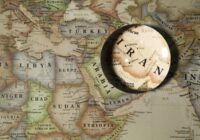



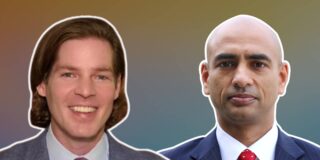
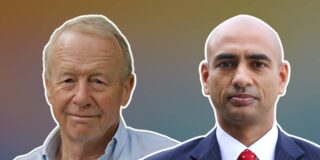

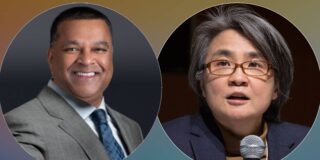
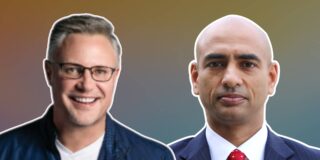



Comment